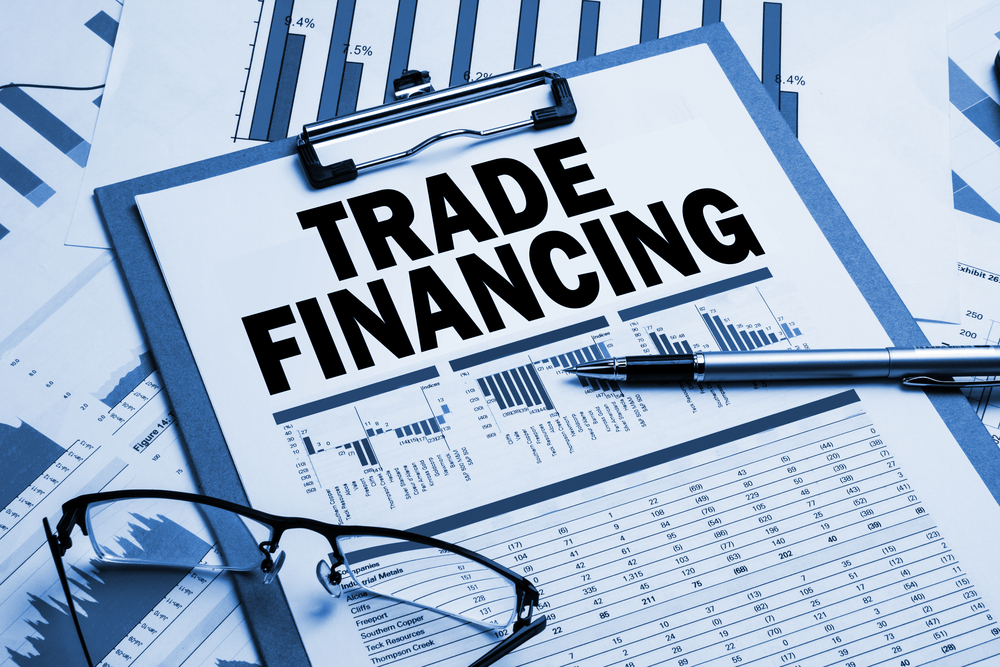How is Blockchain Revolutionizing Trade Finance?
In the ever-evolving world of finance, blockchain technology is emerging as a game-changer, particularly in the domain of trade finance. This article delves into how blockchain is transforming trade finance, making processes more efficient, transparent, and secure.
Understanding Trade Finance
Before diving into blockchain’s impact, let’s briefly understand what trade finance entails. Trade finance refers to the financial instruments and products used by companies to facilitate international trade and commerce. It includes activities such as lending, issuing letters of credit, factoring, export credit, and insurance.
The Challenges in Traditional Trade Finance
Traditional trade finance is plagued by several challenges:
Complex Documentation
The process involves extensive paperwork, which is time-consuming and prone to errors.
Lack of Transparency
Multiple intermediaries create opacity, leading to potential fraud and disputes.
Slow Processes
Cross-border transactions can take days or even weeks to complete.
High Costs
Intermediaries and the manual nature of processes add to the costs.
How Blockchain Addresses These Challenges
Blockchain, with its decentralized and immutable ledger, offers solutions to the key issues faced in traditional trade finance.
Enhanced Transparency and Security
Blockchain provides a transparent and secure platform where all parties involved in a trade transaction can access the same information simultaneously. This shared ledger reduces the risk of fraud and discrepancies, as every transaction is recorded and cannot be altered without the consensus of the network.
Faster Transactions
Smart contracts, self-executing contracts with the terms directly written into code, automate and streamline trade finance processes. They eliminate the need for intermediaries and manual verification, significantly speeding up transactions. For example, once goods are shipped and verified, payment can be automatically released to the exporter.
Reduced Costs
By cutting out intermediaries and reducing the need for physical documentation, blockchain can lower the overall costs associated with trade finance. This cost efficiency is particularly beneficial for small and medium-sized enterprises (SMEs) that often face higher financial barriers in traditional trade finance.
Improved Access to Financing
Blockchain enables greater access to trade finance for SMEs by providing a more inclusive and efficient system. With blockchain, SMEs can prove their creditworthiness through a transparent transaction history, making it easier to secure financing.
Real-World Applications of Blockchain in Trade Finance
Several initiatives and projects are already showcasing the potential of blockchain in trade finance:
We.Trade
We.Trade is a blockchain-based platform developed by major European banks. It facilitates open account trade transactions by leveraging smart contracts, making transactions faster and more secure.
Marco Polo Network
The Marco Polo Network, built on R3’s Corda blockchain platform, connects trade participants in a secure and efficient network. It provides solutions like payment commitment and receivables finance, enhancing liquidity and reducing transaction times.
IBM Blockchain World Wire
IBM’s Blockchain World Wire is a global payment network that uses blockchain to enable instant clearing and settlement of cross-border payments. It simplifies the process and reduces the time and costs associated with traditional methods.
The Future of Blockchain in Trade Finance
The adoption of blockchain in trade finance is still in its early stages, but the potential benefits are undeniable. As more organizations recognize the advantages, we can expect widespread adoption, leading to a more efficient, transparent, and secure global trade ecosystem.
Blockchain technology is set to revolutionize trade finance, addressing long-standing challenges and paving the way for a new era of international trade. By embracing blockchain, businesses can streamline their trade finance operations, reduce costs, and enhance security, ultimately driving global economic growth.
Conclusion
blockchain’s transformative impact on trade finance is profound, offering solutions to some of the most critical pain points in traditional systems. As the technology continues to mature and gain acceptance, the future of trade finance looks brighter and more efficient than ever before.

